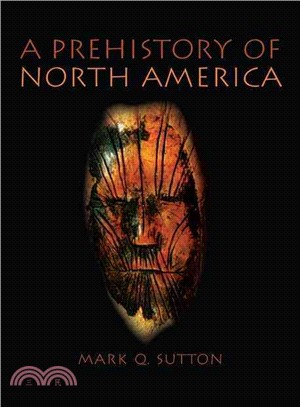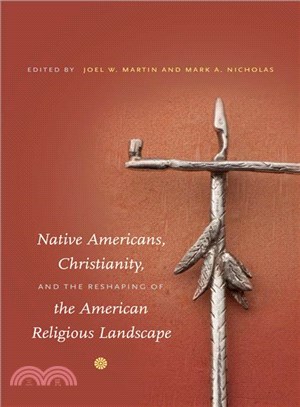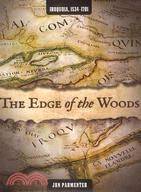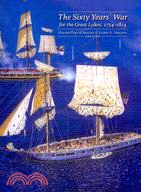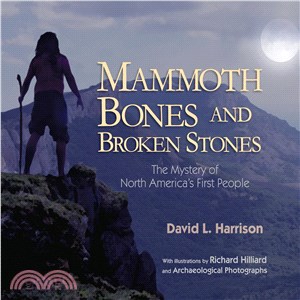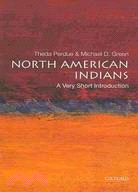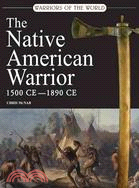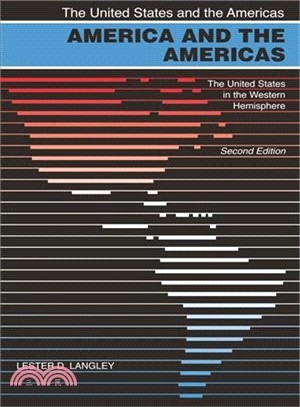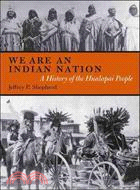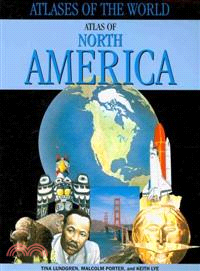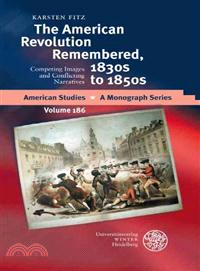共
1319 筆
第18 / 33 頁
優惠價:79
2611
無庫存
優惠價:1
2375
無庫存
出版日:2010/10/11
作者:Joel W. Martin (EDT);
Mark A. Nicholas (EDT);
Michelene Pesantubbee (FRW)
出版社:Univ of North Carolina Pr
裝訂:平裝
優惠價:1
2465
無庫存
出版日:2010/09/30
作者:Christophe Belaubre (EDT);
Jordana Dym (EDT);
John Savage (EDT)
出版社:Brill Academic Pub
裝訂:精裝
若需訂購本書,請電洽客服 02-25006600[分機130、131]。
優惠價:1
2970
無庫存
若需訂購本書,請電洽客服 02-25006600[分機130、131]。
優惠價:1
1123
無庫存
優惠價:9
2700
無庫存
優惠價:79
569
無庫存
優惠價:1
958
無庫存
優惠價:9
445
無庫存
優惠價:79
541
無庫存
優惠價:79
121
無庫存
優惠價:9
580
無庫存
優惠價:79
901
無庫存
優惠價:1
2097
無庫存
若需訂購本書,請電洽客服 02-25006600[分機130、131]。
若需訂購本書,請電洽客服 02-25006600[分機130、131]。
優惠價:1
1969
無庫存
優惠價:1
960
無庫存
優惠價:1
1739
無庫存
優惠價:9
1112
無庫存
優惠價:1
2337
無庫存
優惠價:1
1280
無庫存
若需訂購本書,請電洽客服 02-25006600[分機130、131]。
優惠價:79
601
無庫存
優惠價:1
960
無庫存
優惠價:1
1739
無庫存
若需訂購本書,請電洽客服 02-25006600[分機130、131]。
優惠價:9
1982
無庫存
絕版無法訂購
優惠價:1
1197
無庫存
若需訂購本書,請電洽客服 02-25006600[分機130、131]。
若需訂購本書,請電洽客服 02-25006600[分機130、131]。
優惠價:1
1125
無庫存
出版日:2009/12/16
作者:Charles Alexander Eastman;
Michael Oren Fitzgerald (EDT);
James Trosper (FRW)
出版社:World Wisdom Books
裝訂:平裝
優惠價:1
1123
無庫存



